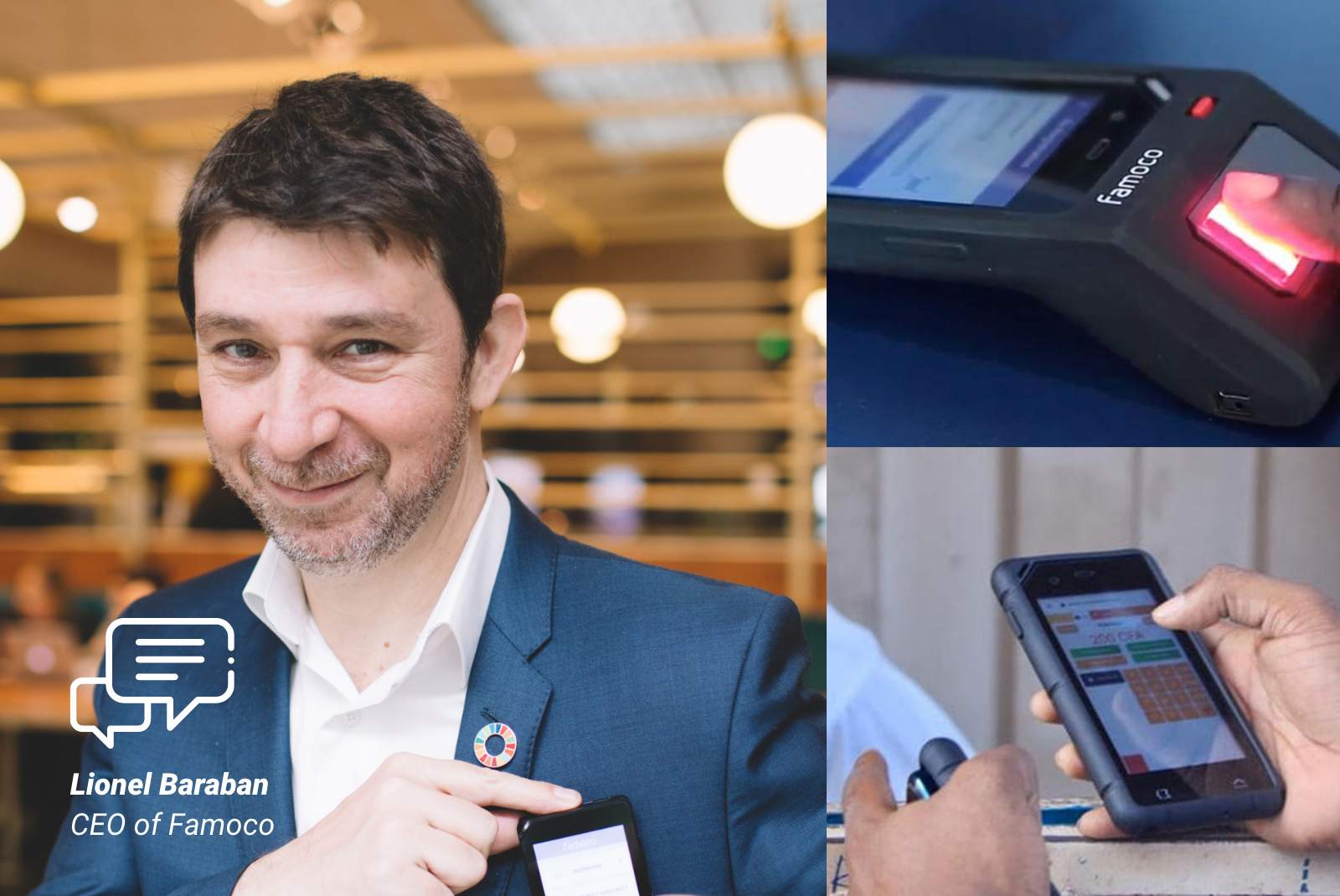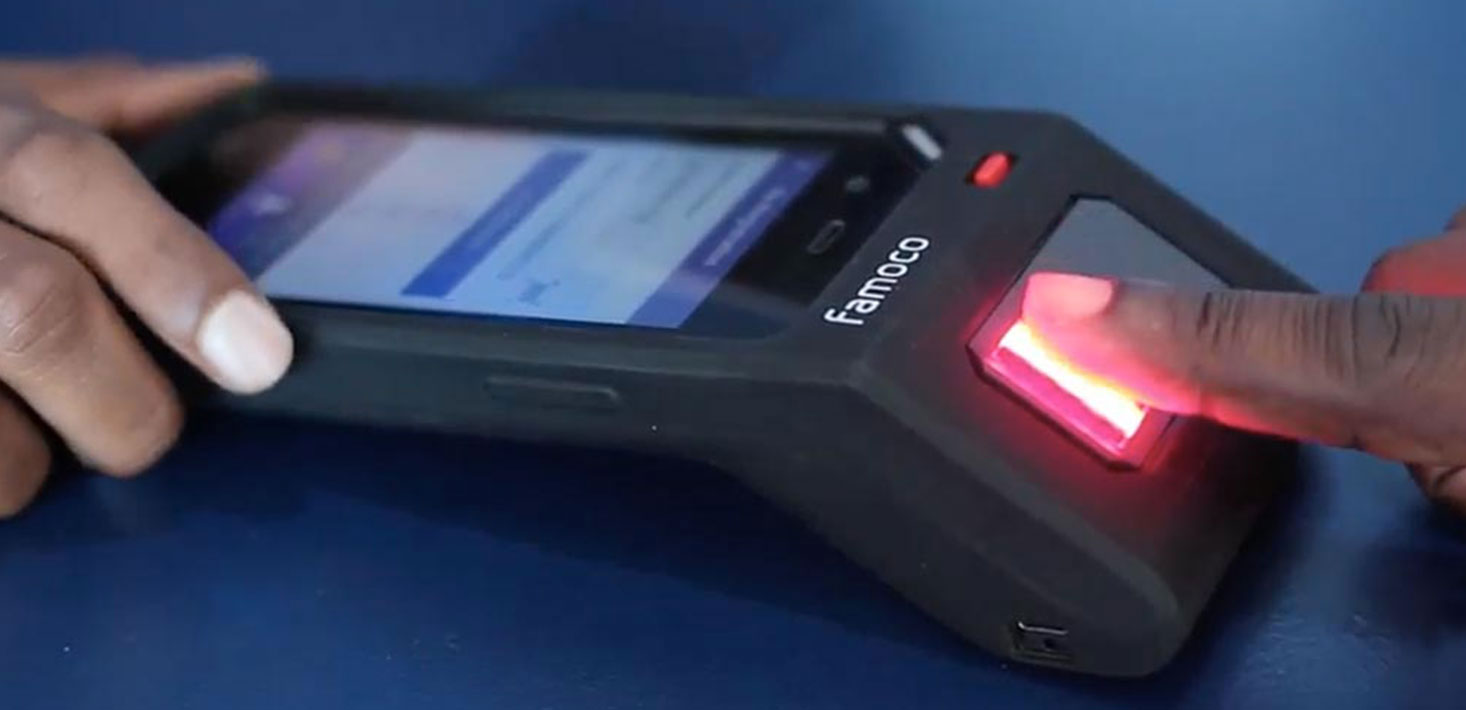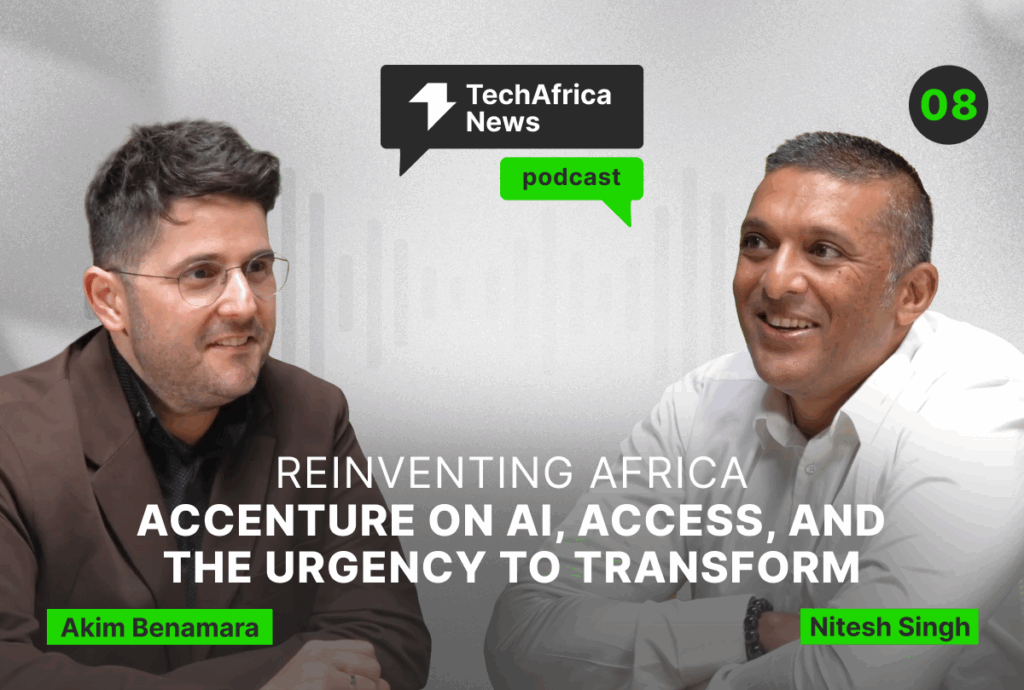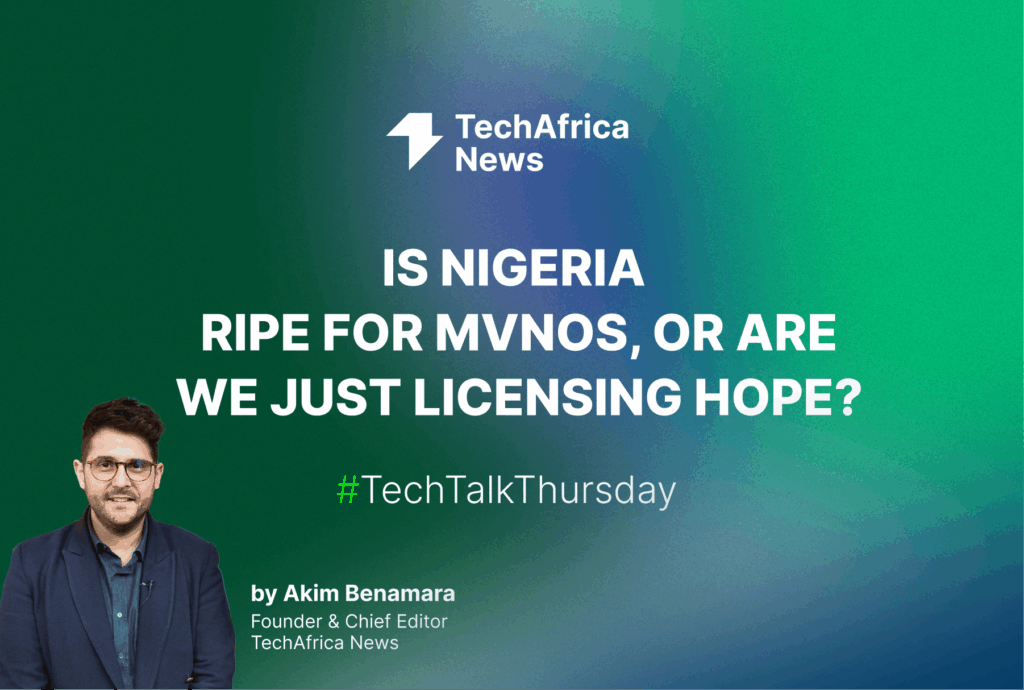Providing African Governments and Enterprises with secure payment terminals and software solutions using biometric verification

Could you please tell us a little bit about Famoco?
Lionel Baraban: Famoco helps companies deploy their digital services and keep their assets secure. We design mobile devices and develop privacy-enhancing versions upon the Android operating system, as well as a fleet management tool. Our customers include banks, telecom operators and governments. They trust Famoco for the deployment of their infrastructure to facilitate mobile payments, public transport, identity verification & customer enrollment. Today, more than 1400 institutions in over 50 countries profit from our technology. Amongst these notable organizations are the United Nations, Orange, Vodacom, Tigo, Airtel, the Bank of Ghana, and the Ivory Coast government. (discover )
We design mobile devices and develop privacy-enhancing versions upon the Android operating system, as well as a fleet management tool.
Mr. Lionel Baraban
CEO of Famoco
On which markets in Africa do you focus and why?
Lionel Baraban: Today, we are working with international organizations such as United Nations agencies, major telecom players like Orange, Vodacom, Tigo, Airtel, and financial institutions like the Bank of Ghana. With our services, we cover the majority of African countries. We have a strong market traction in various parts of the world including the Ivory Coast, Cameroon, Tanzania, DRC, Uganda, Ghana, and Mozambique.
We are experiencing a time in which organizations are looking for solutions that enable them to transform from paper to digital with shorter lead times and high level of security. Our vision is to help enterprises and governments deploy their mobile solutions on secure mobile devices in the field, protect their business data with a secure Android OS and control their mobile activities easily.
Telecom players mainly look for mobile POS to equip their field agent networks to distribute their services (customer enrollment, SIM card registration, airtime top-up, cash in/cash out) and partner services such as bill payment, tax payment, lottery, or parcel delivery. These mobile POS must be secure and controllable to ensure data protection and efficient operation with the network of agents that is continuously available. Last but not least, telecom operators are searching for mobile POS with no street value to avoid a huge risk from theft or loss.
Could you tell us a little bit more about your project with the Bank of Ghana?
Lionel Baraban: The Central Bank of Ghana (GhIPSS) has deployed a payment distribution system called “e-zwich” that is based on a biometric smart card. It provides a secure method for the government to pay its beneficiaries on their e-zwich smart cards, while the receiver authenticates with their fingerprint. It is used for key government operations like distribution of salaries, pensions and loans.
Besides this, Ghana’s central bank has designed the gh-link national payment scheme, based on EMV PURE technology (outside of Mastercard & Visa), allowing its population to pay with bank cards at merchants and withdraw at ATMs.
The biggest challenge for the Ghanaian government and the central bank was hosting several solutions on the same infrastructure to achieve interoperability of services, centralize and control the distribution chain to strengthen its security and become master of its data and its digital sovereignty.
Our solution features the FP202, a Hybrid Android POS that enables the Ghanaian government to biometrically authenticate citizens and securely distribute public sector salaries and subsidies, and help merchants to accept credit card payments from their customers.
The advantage of a Famoco mobile terminal is its security and scalability and our no street value solution.
Mr. Lionel Baraban
CEO of Famoco
All Ghanaian banks distribute this same terminal to their merchant networks to accept payments by national Gh-link bank cards, which are based on a PURE EMV payment scheme. Hence strengthening the data sovereignty of the nation. Therefore, the solution meets banking requirements thanks to its secure Android, Secure Access Module slot to encrypt all transactions and an independent attestation server to protect the terminal environment.
This POS offers a great balance and flexibility to government and banking applications. We are thrilled to create an infrastructure that supports most applications in a country like Ghana where new financial solutions are emerging very quickly.
Moreover, this biometric POS can be controlled from a platform to remotely configure the terminal, distribute new commercial applications, update and locate it.
Did you implement other milestone projects for you in Africa? If so, which ones?
Lionel Baraban: As mentioned before, we work a lot with telecom operators. We have been working with Orange for more than five years in more than 10 countries in Africa to equip their agent network with secure Android mobile terminals which distribute their services such as customer enrollment (ID scanning), sell SIM cards, airtime, and perform cash-in/cash-out.

Since 2019, we have been working with Vodacom, Tigo and Airtel in Tanzania on the new biometric SIM card registration regulation. They have deployed our FP201 biometric terminal in their field agent networks. Our terminal allows them to identify customers through KYC processes by scanning their fingerprints to register or authenticating them to sell SIM cards and additional services to the Tanzanians.
The biggest advantage of a Famoco mobile terminal is its security and scalability, our no street value solution improves the availability of their business applications in the fields, and the deployment of over-the-air new applications accelerates their go-to market. It creates value for the MNO and the agent.
What sets the Famoco Suite apart from other mobile business solutions?
Lionel Baraban: All of Famoco’s mobile terminals are based on Famoco OS, a secure Android for enterprises and governments. Unlike a mobile terminal with a classic Android, Famoco OS does not integrate Google Mobile Services, nor native Google applications (Play Store, Chrome, Search, Calendar, YouTube). We believe that these applications are not necessary for the professional use of a mobile device. The Play Store holds high-risk applications, and the Google Services applications send meta-data throughout the day, putting at risk the terminal’s data sovereignty; thus, the company or the government.
Furthermore, our devices are remotely controllable from a mobile management platform. This platform is designed with a secure communication channel with the Famoco OS, which secures all information exchanges between the platform and the mobile device. This platform meets the needs of remote mobile device management for companies and governments. It enables adding new applications, updating them, configuring settings, updating the OS version, and locating the devices on a map.
The terminal, OS and platform allow governments and enterprises to have a centralized and secure solution to deploy and manage mobile devices’ applications.
The primary downside for professionals who deploy mobile devices is the loss or theft of part of their device fleet, which can be very costly for a company.
Mr. Lionel Baraban
CEO of Famoco
In your opinion, what will be the key issues that need to be focused on when it comes to B2B mobile device management in the near future? How do you address these?
Lionel Baraban: The primary downside for professionals who deploy mobile devices is the loss or theft of part of their device fleet, which can be very costly for a company. The issue of loss and theft comes because companies equip their teams with classic smartphones, which are more attractive, easily resellable and cost less than a mobile terminal dedicated to the professional environment. A Famoco mobile device is less likely to be stolen because it is dedicated to business. Nobody will buy it on the black market as they are secured by Famoco OS, locked in a business environment, controlled, and located from a mobile device management platform.

The second biggest challenge for telcos is their service availability. Companies need to know if their services are well distributed in real-time on mobile devices to analyze their sales and optimize their distribution network. A company’s objective is to amortize a terminal and the agent’s cost as quickly as possible by ensuring that all geographical areas are covered to distribute their services in order to grow their market share. With Famoco’s mobile device management platform, companies can ensure that mobile devices are active in the field and can also locate them on a map. We are working on a business intelligence solution to give companies all the information they need to optimize their investment in our solution and ensure maximum utility.
The final challenge for telecom operators and service providers is integrating and distributing partner services on their agent networks. The mobile terminal of a field agent is a mobile point of sale. It is there to provide services to customers. The next step for companies is to partner to distribute new services and offer an established distribution network while sharing the revenue. Famoco’s mobile device management platform makes it easy to add applications on fleets of Famoco mobile devices with a simple internet connection. In addition, these devices are localized to ensure the geographical coverage of its field distribution network.
What are your plans for 2021 and beyond?
Lionel Baraban: We are developing new solutions for telecom operators and service providers such as Mobilease. It is a solution for managing mobile terminal leases for their agent networks. This solution allows an agent to purchase a Famoco terminal and become the owner at the end of an agreed period, thanks to equated monthly installments chosen by the service providers. This financing method allows agents to acquire effective work tools for their activity. This solution will enable service providers to offer a mobile device to more agents in the field through its affordable subscription and expand its service distribution network.
We are also working on a business intelligence solution to help companies optimize the use of their mobile devices in the field and manage agent performance. The solution will also track the hardware and software evolution of their devices to maximize their life cycle and future investments. Companies want to know device up-time, device location, screen-time apps, usage resources (CPU), connectivity data, and battery data to make quick strategic decisions on the distribution network. Stay tuned for this extraordinary solution; it will be launched in the coming months.
In addition to software solutions, new hardware products are being developed to meet companies’ mobility and security needs by deploying their mobile solutions in the field. To follow our news, you can visit our website and subscribe to our newsletter, follow us on LinkedIn or contact us on Facebook .






